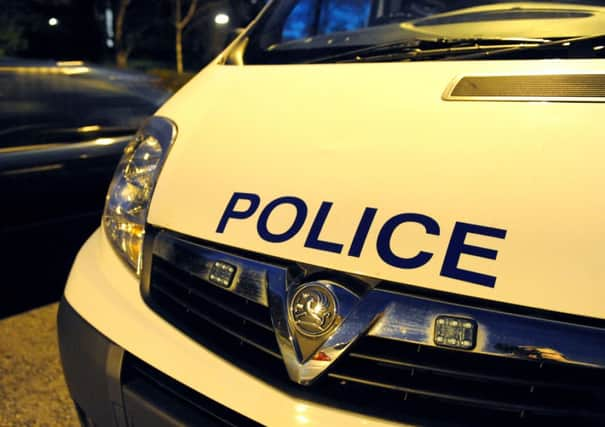Christopher Marshall: Police struggle to win over doubters


Yesterday, journalists were summoned to divisional headquarters in Falkirk for a meeting with justice secretary Kenny MacAskill and chief constable Stephen House. Sir Stephen, Scotland’s top cop, was in combative mood as he rejected suggestions there are fewer police officers on the streets than 12 months ago.
Merging the country’s eight regional forces and the Scottish Crime and Drug Enforcement Agency has been done against a background of budget cuts, which are required to hit a target of £1.1 billion of savings by 2026. The situation has been made more difficult still by the Scottish Government’s commitment to maintaining officer numbers.
Advertisement
Hide AdAdvertisement
Hide AdSo far, the cuts have come among civilian staff, who have seen their numbers fall by 1,727 – from a 2010 high of 7,862 to the current level of 6,135.
Vic Emery, chair of the Scottish Police Authority, the body set up to scrutinise the new force, has said Police Scotland is not yet the “finished article”. Hinting at potential discord to come, Emery, a former chairman of the body set up to oversee Edinburgh’s trams, said there were “further opportunities for collaboration and disrespecting organisational boundaries than have been embraced so far” by the new force.
But while there has been much collaboration so far, there have also been disagreements over some of the policing methods. Sir Stephen used yesterday’s meeting with the media to launch a defence of the controversial tactic of stop and search. The chief constable was quoted in a newspaper article last month as saying “some” stop and searches were “made up”.
More than 600,000 stop and searches, which allow police to stop those they suspect to be carrying a weapon, have been carried out during the past year. However, Sir Stephen, the former head of Strathclyde Police, yesterday said the article did not accurately reflect his views on stop and search, the use of which has actually fallen slightly since Scotland’s eight regional forces were merged on 1 April last year.
Disquiet over stop and search, however, has fed into a narrative that there is an ongoing “Strathclydisation” of policing as Scotland’s national force adopts zero tolerance approaches commonly used on Sir Stephen’s old beat.
Nowhere has this been more keenly felt than in Edinburgh, where the city’s long-standing tolerance of the sex trade was overhauled following a number of raids on saunas.
It remains to be seen whether disagreements over methods are merely teething troubles or a sign of more intractable future difficulties.